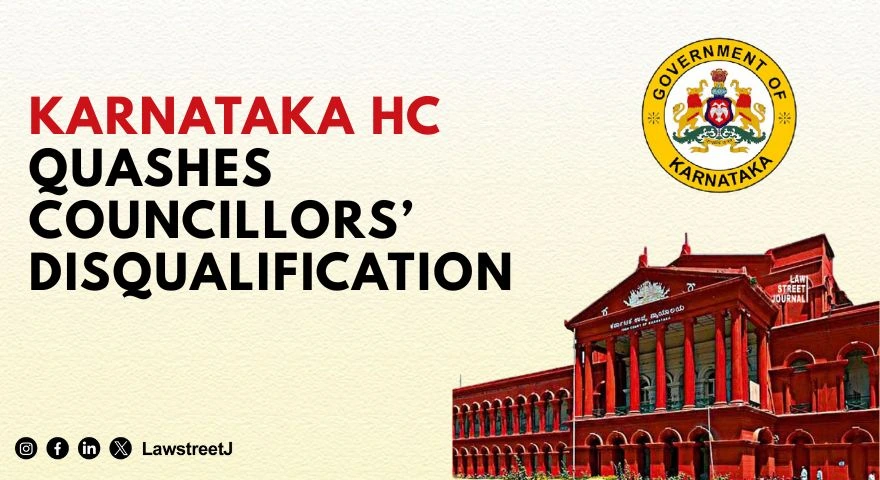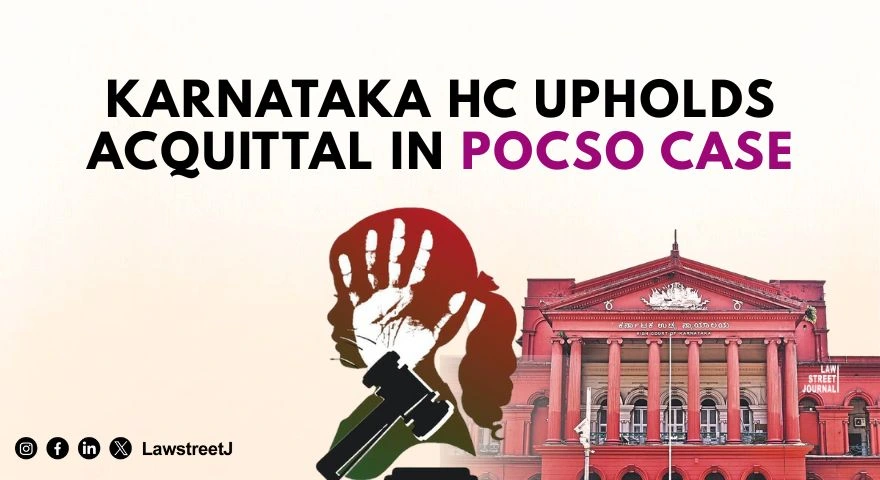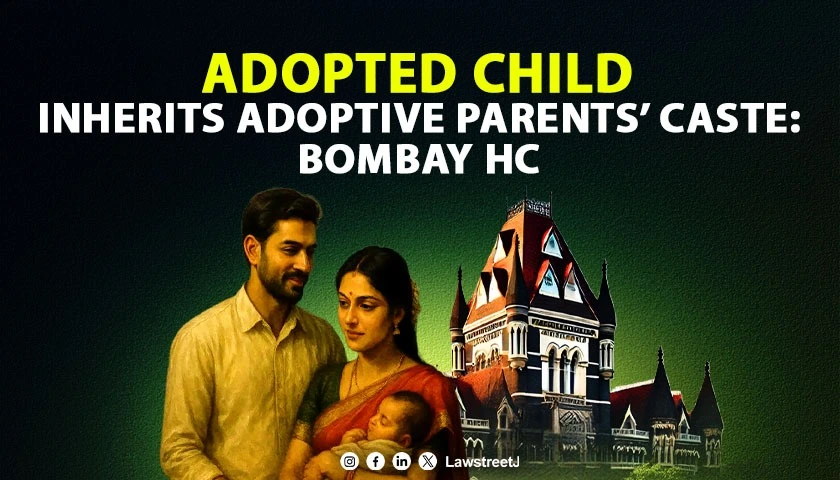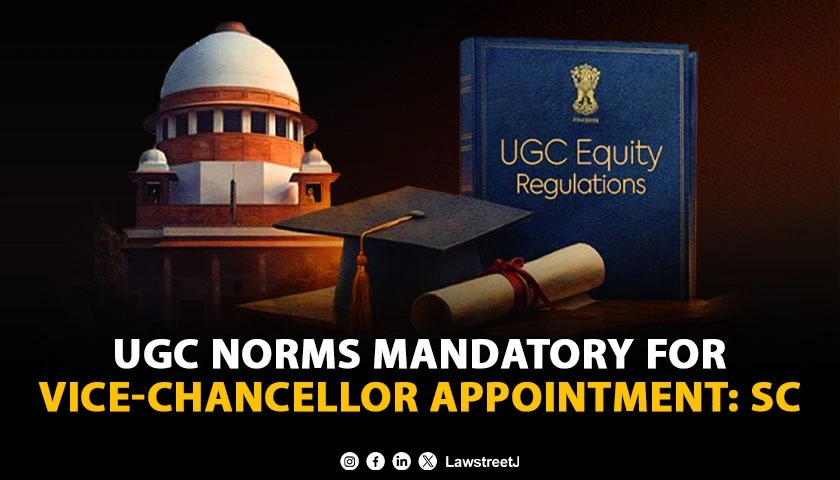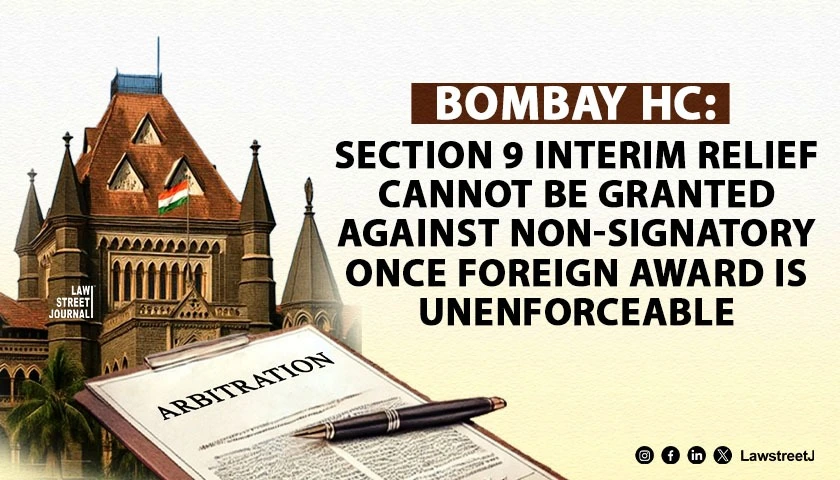The Supreme Court on March 03, 2020 has held that all actions taken by banks aren't to be treated as sacrosanct and may be questioned under the provisions of Securitisation and Reconstruction of Financial Assets and Enforcement of Security Interest Act, 2002 (SARFAESI Act). The apex court said that this is often so when there exists discrepancies wherein a bank has proceeded against a secured debtor and therefore the debtor can assail the orders provided under the said law.
The only issue before the Supreme Court was whether it's permissible to enforce contractual obligation by resorting to filing criminal complaint.
The court was hearing a case during which the appellants were employees of the Canara Bank which sanctioned a term loan of Rs. 2.68 crores to the complainant/ debtor. The loan account became NPA after which notices under Sections 13(2) & 13(4) were issued which were subsequently challenged before the Debt Recovery Tribunal (DRT) and Debt Recovery Appellate Tribunal (DRAT).
After dismissal of appeals the complainant moved an application under section 156(3) of CrPC before Judicial Magistrate First Class which successively allowed the appliance and directed registration of FIR u/s 511, 109, 34, 120B, 406, 409, 420, 405, 417 and 426 of IPC.
The appellants herein filed a petition before the Karnataka High Court, Dharwad Bench u/s 482 of CrPC for quashing of the above said FIR. The supreme court declined to exercise its inherent jurisdiction to quash the FIR, which was challenged before the Supreme Court.
Justice A.S. Bopanna speaking for the bench held that if the complaint is allowed, it might end in gross miscarriage of justice because the continuation of investigation would permit the police to redo the whole process which might amount to review of orders gone by the competent courts under the SARFAESI Act which is neither permissible nor desirable in law. Hence, the complaint filed before the Judicial Magistrate First Class and FIR registered stands quashed.
Author: Kumar Aditya

![Banks Procedures Are Not Rigidly Sacrosanct, Observes Supreme Court [Read Judgement]](/secure/uploads/2020/03/lj_5679_Banks_Procedures_Are_Not_Rigidly_Sacrosanct.jpg)

